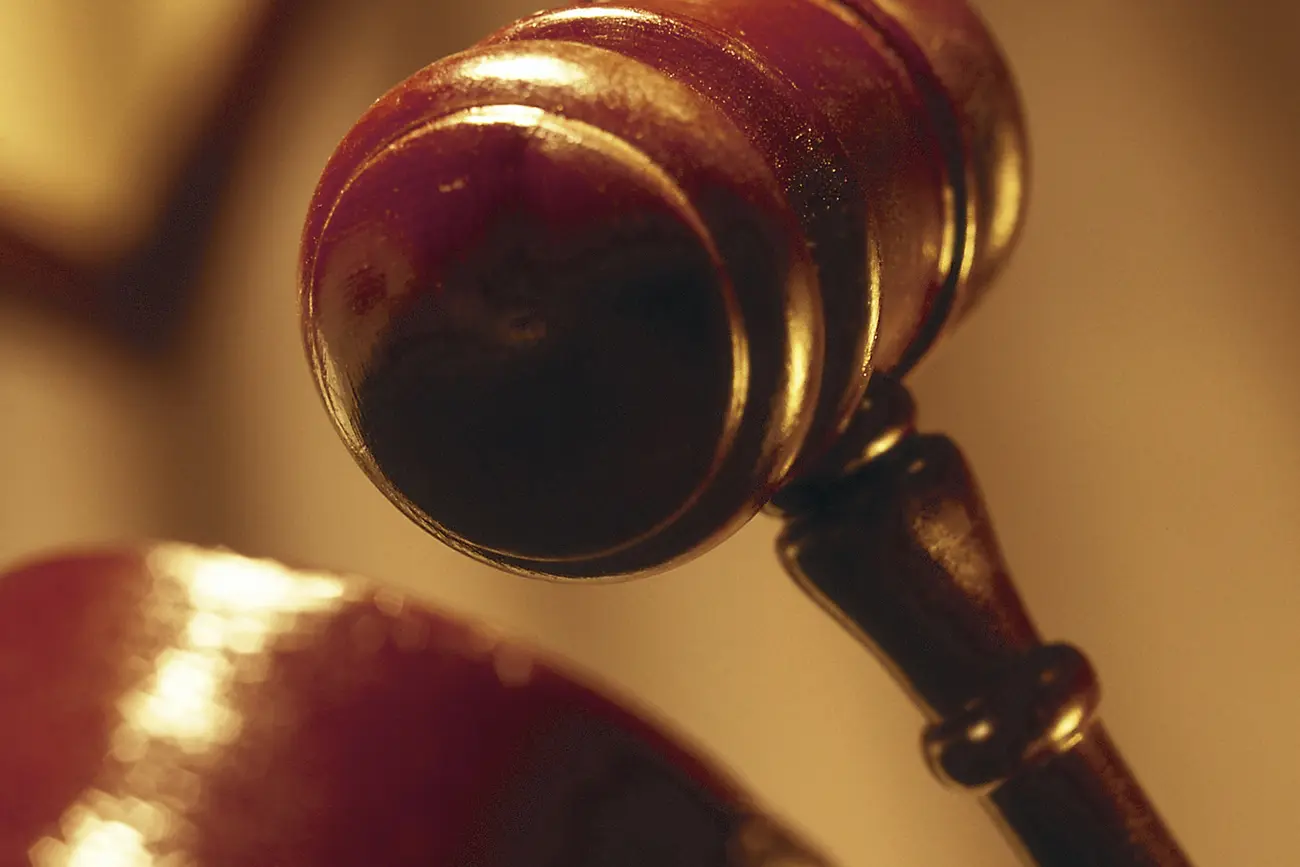
On Thursday last week Swazi government officials unlawfully evicted families and demolished homes in Nokwane. This is just the latest incident that illustrates the flagrant disregard for the rule of law and judicial process in Swaziland.
King Mswati III is developing a Science, Innovation and Biotechnology Park in Nokwane, near Matsapha. The Swazi government is hoping that the Park will help to develop knowledge around, and commercial potential, of indigenous plants and animals. The aim is to stimulate employment, foreign investment and ecological tourism. However, despite these laudable aims, little progress has been made since the project was first mooted in 2010, and, last week, homes were demolished to make way for the construction of the park – despite ongoing legal action brought by the residents to halt the evictions and demolitions.
On 20 August 2014, Judge Mpendulo Simelane granted the Swazi government an interim order allowing the evictions of the ten Nokwane homesteads sought by the government to facilitate the construction of the Science Park. On 8 September 2014 this interim order was made final and the residents immediately lodged an appeal to the order. Appeals to eviction orders ordinarily stay the execution of the orders, and so this should have prohibited the government officials from evicting any person named in the eviction order.
However, government officials appear to have ignored the appeal, or disregarded the consequences of it, and have taken steps to both evict the families and demolish their homes. On 22 September the residents received a letter from the Attorney General, James Majahenkaba Dlamini, informing them that, under the final order granted by Judge Simelane, their homes would be demolished on 24 September, and that they were required to vacate their homesteads before then. Irrespective of the legality of this action in light of the ongoing appeals, it is unreasonable to expect families to vacate their property after being given only two days’ notice.
After receiving the letter, the residents sought to protect their homes and to ensure that the evictions did not go ahead. They were perfectly within their rights to do so, as they were entitled to appeal the eviction order issued in the High Court, and because their appeal meant that the legal process remained ongoing. The residents therefore brought an urgent application to stay the execution of the eviction order, or to alternatively interdict the demolitions of their homes. Judge Simelane heard this urgent application on 24 September, dismissed it and ordered that the demolitions go ahead the next day. Once again, the residents lodged an appeal to Judge Simelane’s order.
On 25 September members of civil society gathered in Nokwane to monitor the situation. Despite the existence of the appeals the initial eviction order, as well as to Judge Simelane’s dismissal of the urgent application, the demolition team, police and representatives of the Attorney General arrived in Nokwane.
Residents asked the demolition team to produce the court order which authorized the demolitions, which they were unable to do. The residents informed the authorities that they could not proceed with the demolitions in the absence of the order, and that in any event the evictions were unlawful because of the appeals that had been lodged.
Although the team had been unable to produce the court order they commenced with the demolition of the houses. Two houses were demolished before civil society representatives were able to convince the government authorities that their actions were indeed unlawful and that they were obliged to halt the demolitions.
One of the demolished houses belonged to Sonto Dlamini, who lived there with her family of ten. The other belonged to a woman who was at work and so had been unable to remove any of her belongings before the demolitions. All these affected people have not been compensated by the government agencies and have not been provided with alternative accommodation.
Throughout this case there has been a blatant disregard for both legal principle as well as the rights of ordinary Swazis. It is not clear why the ten homesteads that have been earmarked for demolition have been chosen, as only three of them are situated in the area to be developed. Unfortunately this also appears to be the latest incident in Swaziland where officials ignore appeals brought against judicial orders, and proceed without acknowledgment of the principle that an appeal prevents the execution of the order appealed. Another example of this was in Thulani Maseko and Bheki Makhubu’s contempt of court case when Judge Simelane proceeded with the criminal trial (which eventually led to their conviction and a two-year prison sentence) despite the fact that there were a number of pending appeals to the legality of the charges brought against Maseko and Makhubu.
The judicial system is designed to protect citizens and to hold government institutions and officials accountable. However, ordinary Swazis can no longer rely on the courts to protect their rights and ensure that correct legal processes are followed. The danger of this cannot be underestimated, and unless something is done to reinvigorate the judiciary Swazis will remain at the mercy of their government, without any hope of recourse.
This blog has been prepared with information provided by Mary da Silva, a member of Lawyers for Human Rights in Swaziland. Mary has been monitoring the human rights situation in Swaziland and providing assistance and support. She has been keeping SALC, and other interested parties, updated on any developments in Swaziland throughout 2014 and the information she has provided has been invaluable to us.
This entry was posted in Blog, Swaziland and tagged demolitions, evictions, Judge Simelane, swaziland. Bookmark the permalink.
ONE RESPONSE TO “UNLAWFUL EVICTIONS IN SWAZILAND SIGNAL MORE DISRESPECT FOR THE RULE OF LAW”
[…] according to the South African Litigation Centre, the evictions were […]



